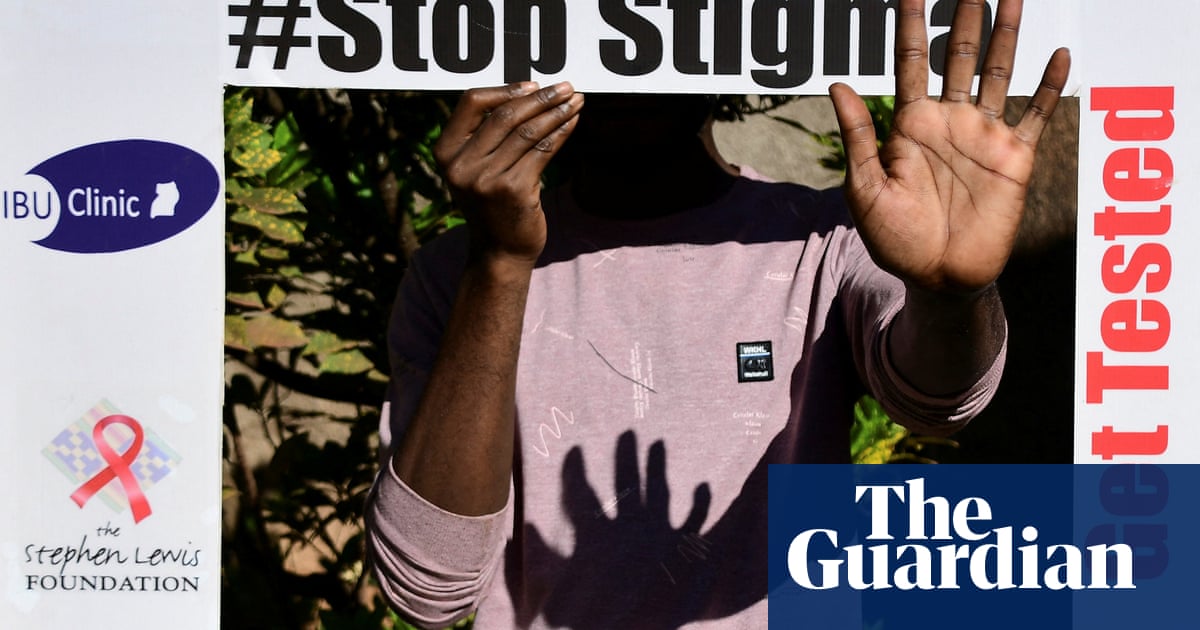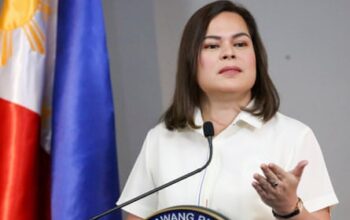
This week, civil society organizations in Uganda will gather to meet with judges from the constitutional court in an effort to challenge the world’s most severe law against LGBTQ+ individuals.
The legislation, which was passed in March with significant backing from members of parliament, mandates capital punishment and life imprisonment for specific homosexual behaviors.
The activists will be present at the court on Monday to complete their appeal before a date is scheduled for a complete hearing later this month.
Clare Byarugaba, a supporter of LGBTQ+ rights and member of Chapter Four, a non-governmental organization in Uganda, stated: “We are contesting the anti-homosexuality law because it does not meet constitutional standards, and we will be successful. This law promotes hate and discrimination and has no place in Uganda’s legal system. It should never have been implemented.”
Steven Kabuye, an advocate for gay rights and co-executive director of Truth to LGBTQ, stated: “The responsibility of safeguarding the rights of all Ugandans now rests on the constitutional court judges.”
The legislation has received widespread backlash from the international community.
The US recently placed visa limitations on numerous Ugandan lawmakers and their families due to their role in passing a law. No specific individuals were mentioned.
The US secretary of state, Antony Blinken, stated that the United States continues to support the citizens of Uganda and is dedicated to collaborating on efforts to promote democracy, human rights, public health, and shared prosperity.
I urge the government of Uganda to continue working towards maintaining democracy and ensuring the protection of human rights. This will help sustain the long-standing partnership between our countries, which has been mutually beneficial for both Americans and Ugandans.
The US Department of the Treasury imposed sanctions on Johnson Byabashaija, the commissioner of prisons in Uganda, for reportedly subjecting LGBTQ+ inmates to torture and human rights violations at correctional facilities in the country.
The President of Uganda, Yoweri Museveni, rejected the restrictions imposed by the US. During the end-of-year national thanksgiving prayers at State House on Friday, he stated, “Do not be afraid of those individuals. If there are those who refuse to acknowledge our independence, we will pray for them and they can leave. We are capable and have all that we need, our economy is thriving and we will be able to support ourselves.”
Previously, the Ugandan parliament’s speaker, Anita Annet Among, had encouraged members of parliament and officials to disregard the limitations.
Among reassured lawmakers that the blacklist should not be a concern and urged them not to worry. She emphasized that Uganda has everything necessary for its citizens, as long as children are not being subjected to sodomy.
“We remain committed to safeguarding our family, the rights of our children, and our nation without relying on charity. Has my visa’s cancellation equated to my demise?” she stated. Both my US and UK visas were revoked immediately upon the enactment of the anti-LGBTQ+ legislation.
Uganda’s Minister of Information and National Guidance, Chris Baryomunsi, stated that it is unjust for the Western world to target Ugandans specifically.
The speaker stated that laws are created for the benefit of Ugandans, not outsiders. As a result, there will be no pressure on parliament or the government to create laws that favor foreigners. It is important to maintain a strong stance on this matter.
Frank Mugisha, representing the banned organization Sexual Minorities Uganda, tweeted in reply: “The focus on the anti-homosexuality law by the parliament of Uganda is drowning out other important issues. How does this truly benefit the people of Uganda?”
According to a recent report by the Convening for Equality (CFE) coalition, violence and discrimination against LGBTQ+ groups has increased since the passing of the law.
From January 1 to August 31, the CFE reported 306 instances of rights being violated due to the victims’ sexual orientation and gender identity by both government and non-government entities. These cases have not been addressed by authorities, according to the CFE.
The report recorded 180 forced removals from homes and 176 cases of torture, as well as instances of cruel, inhuman, and degrading treatment, such as the forced anal examination of individuals detained by police.
In October, the Human Rights Awareness and Promotion Forum assisted 83 cases involving individuals facing discrimination based on their sexual orientation, an increase from the 68 cases handled in September.
The CFE stated their request for the law to be invalidated based on its content and to explicitly declare that LGBTQ+ individuals have equal rights to live free from discrimination and violence supported by the state.
Kabuye reported a rise in human rights violations and difficulties accessing healthcare since the implementation of Uganda’s anti-gay legislation. The LGBTQ+ community continues to face challenges in obtaining safe medical treatment due to being outed by medical staff.
There are increasing cases of evictions and individuals facing vigilante attacks due to their perceived LGBTQ identity. It is crucial for more action to be taken to address these problems.
Source: theguardian.com


